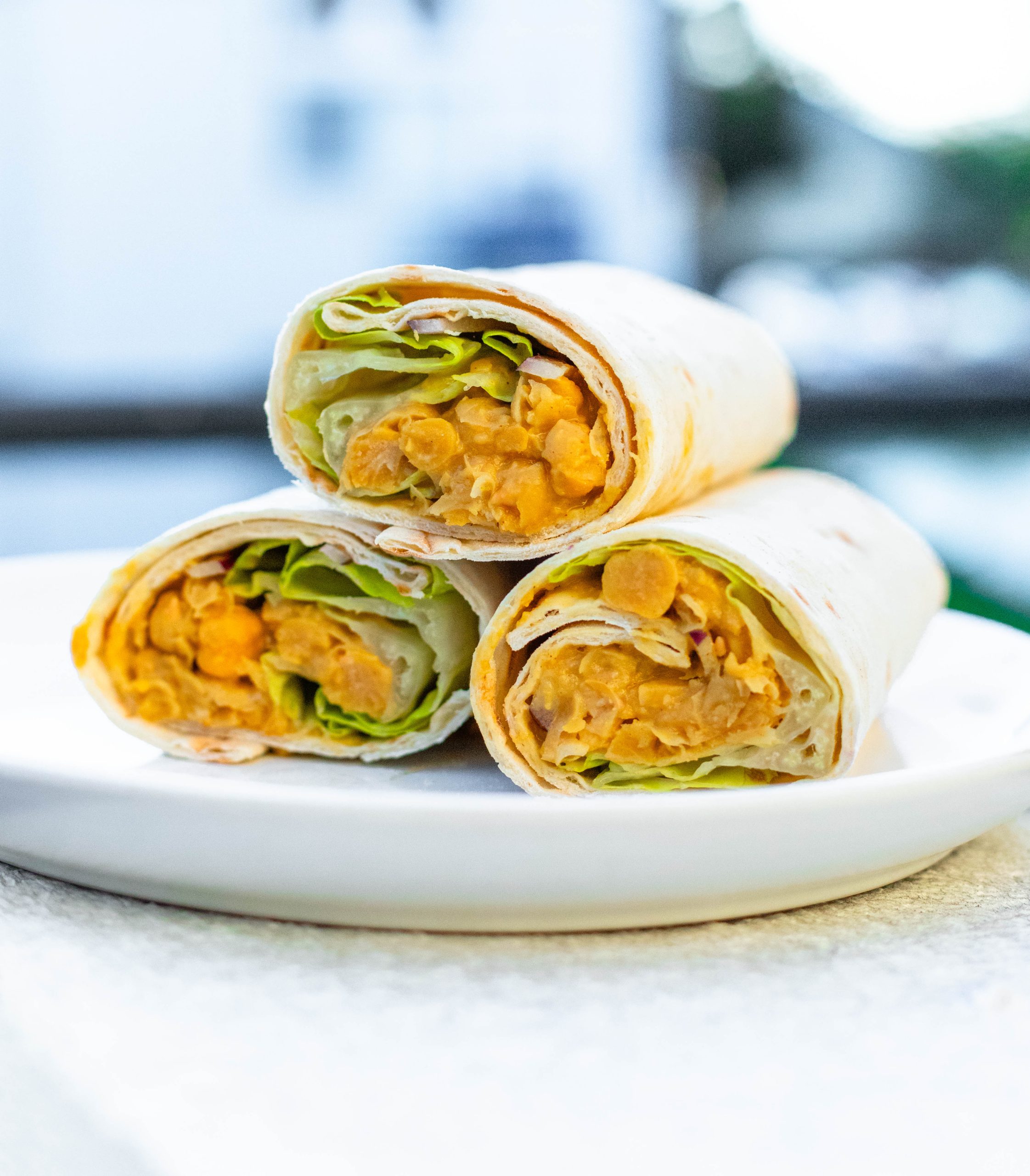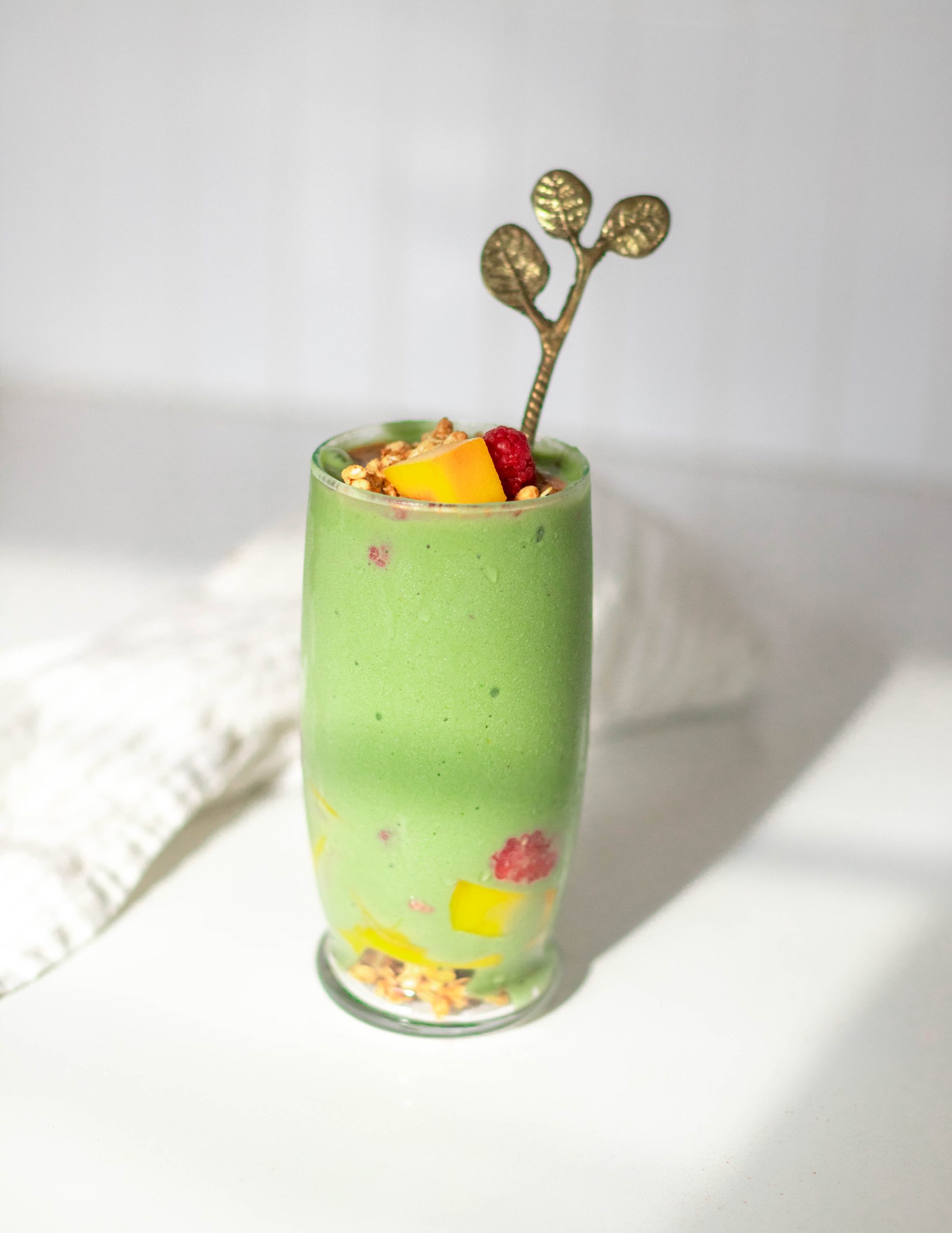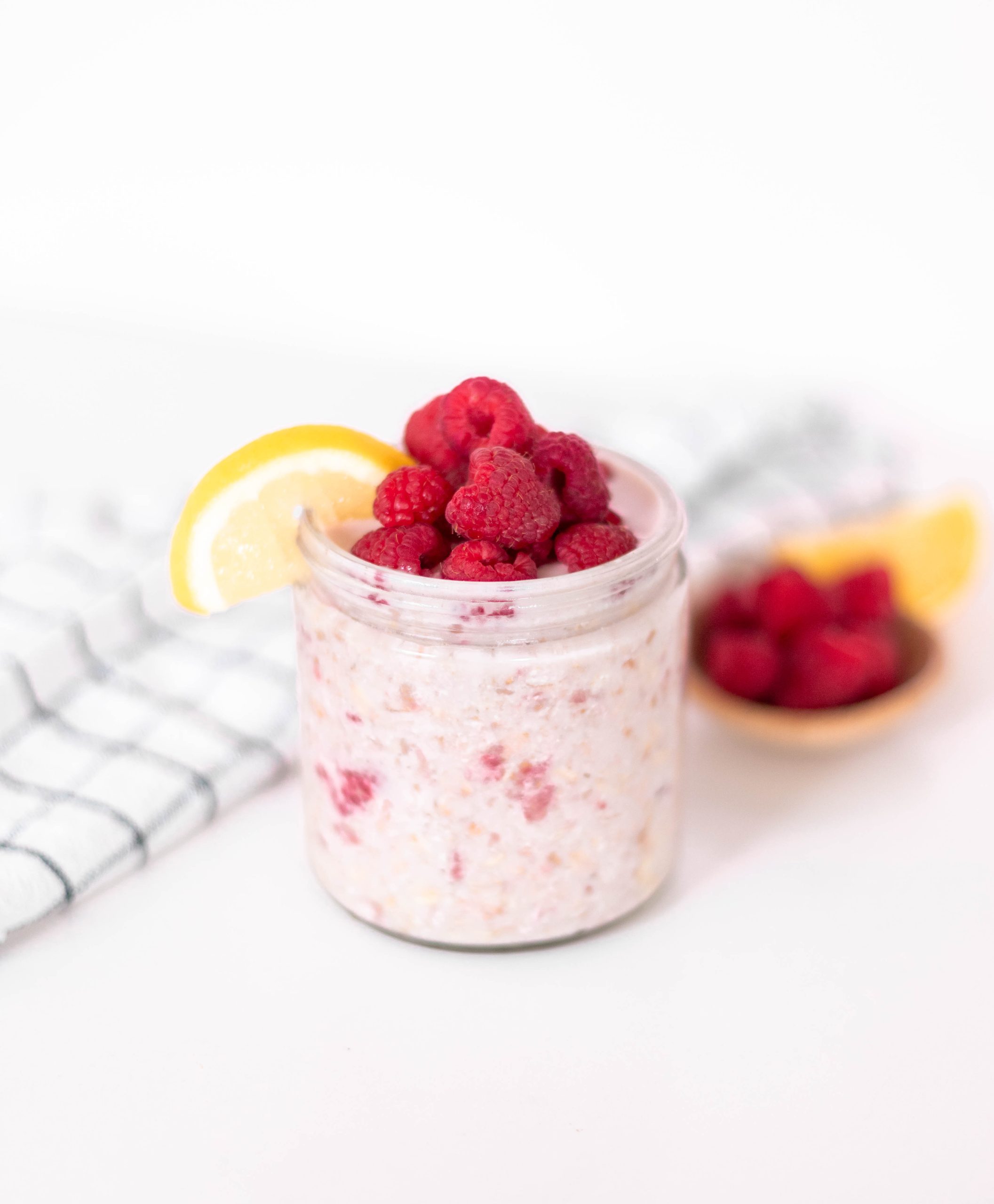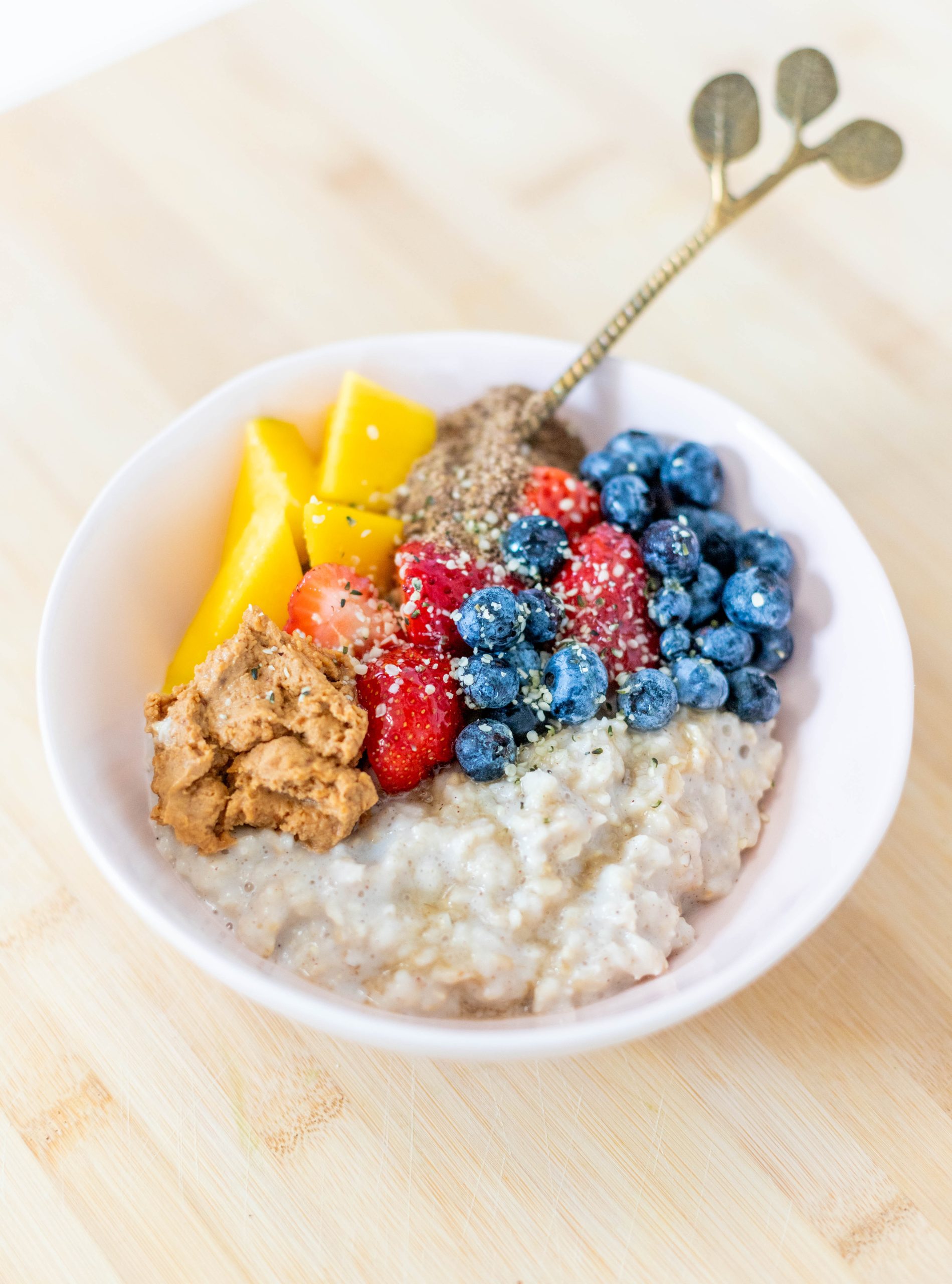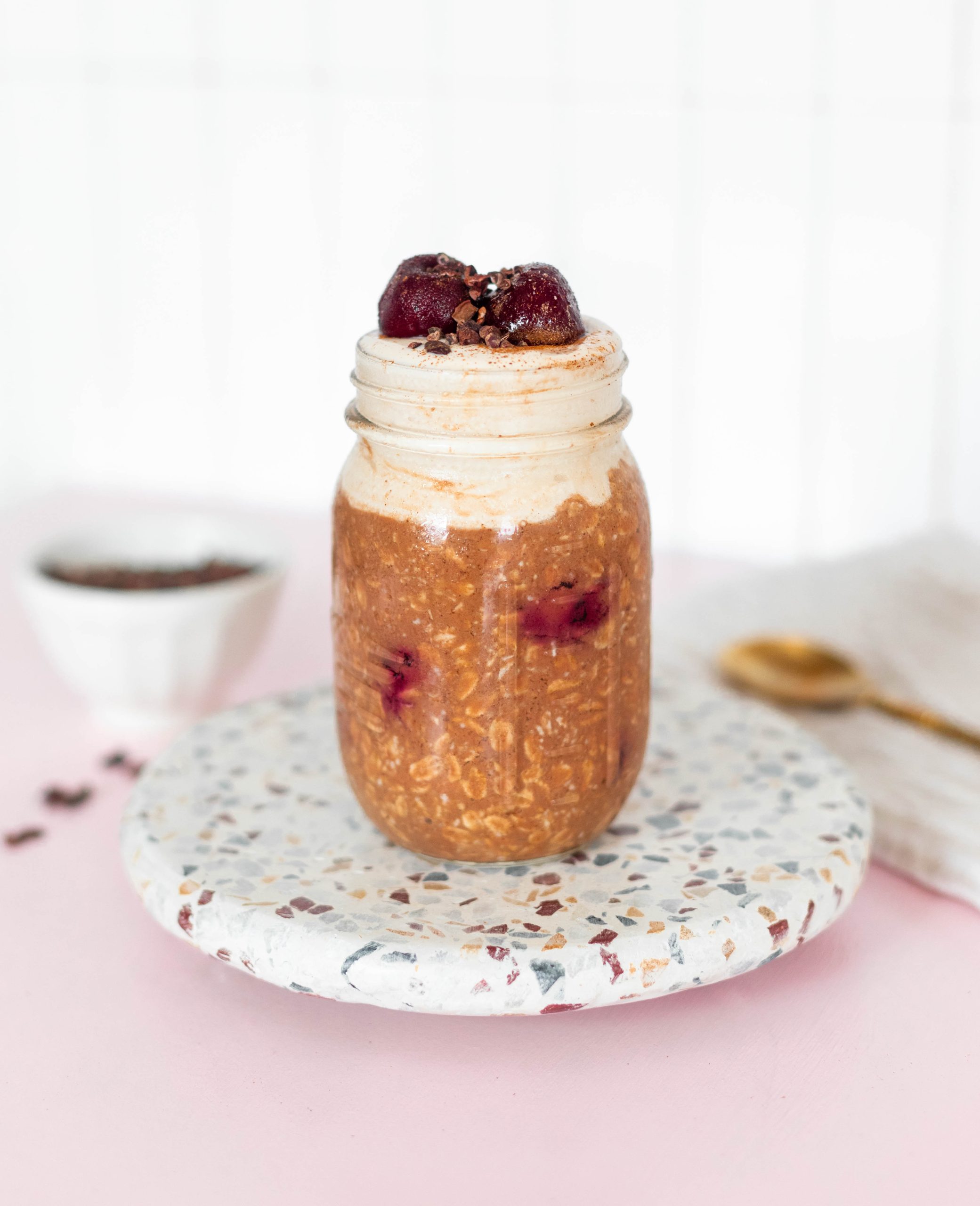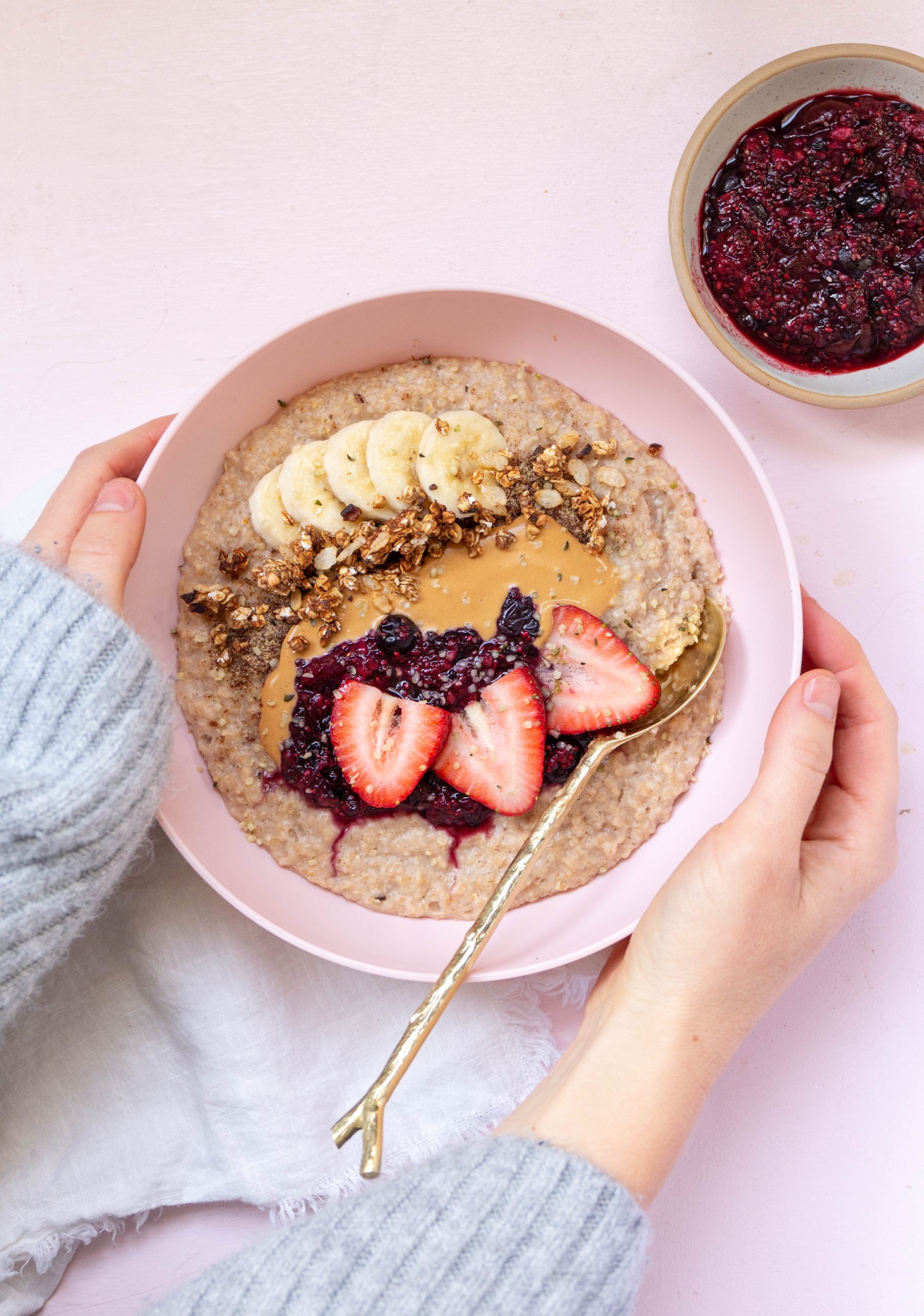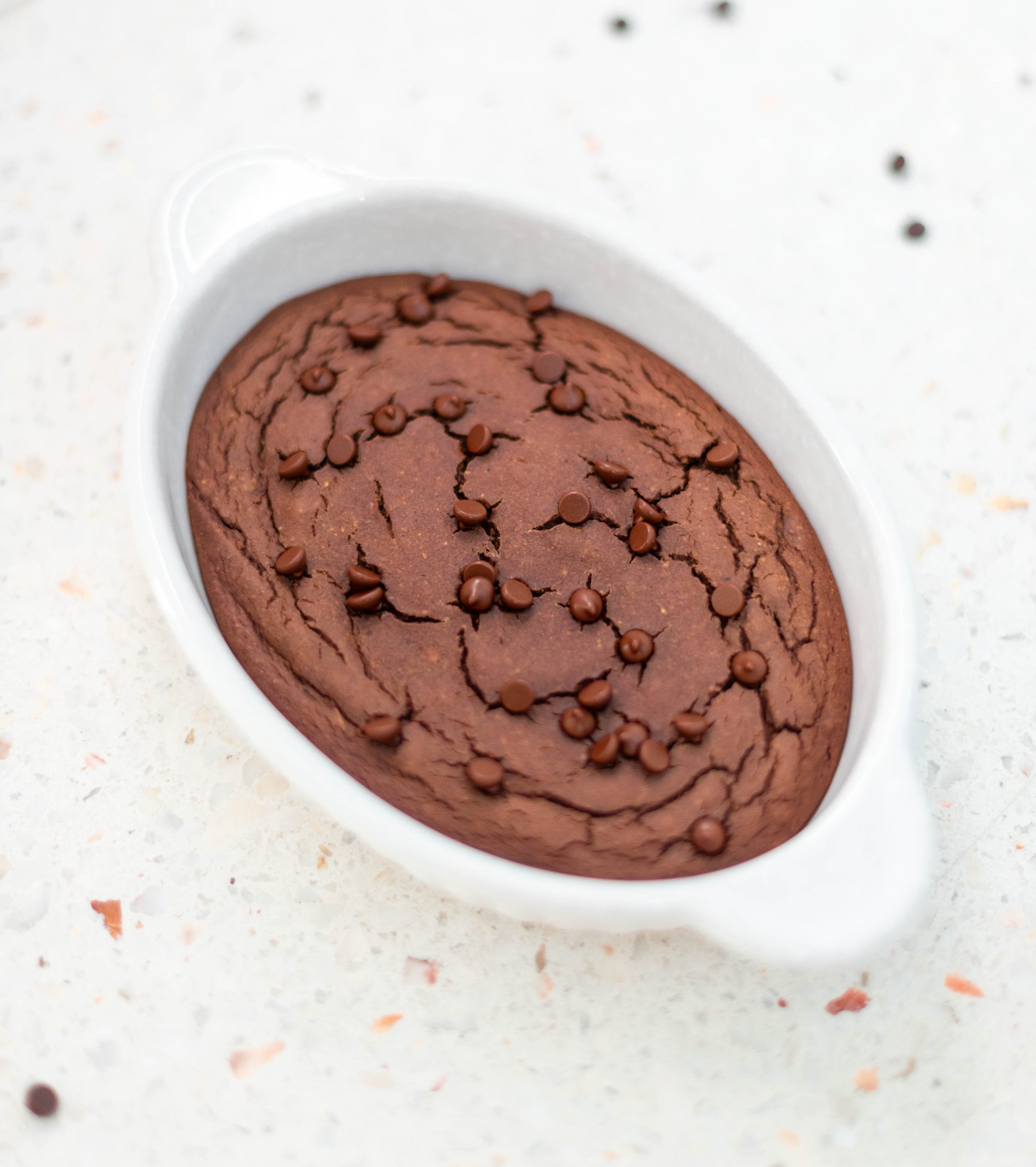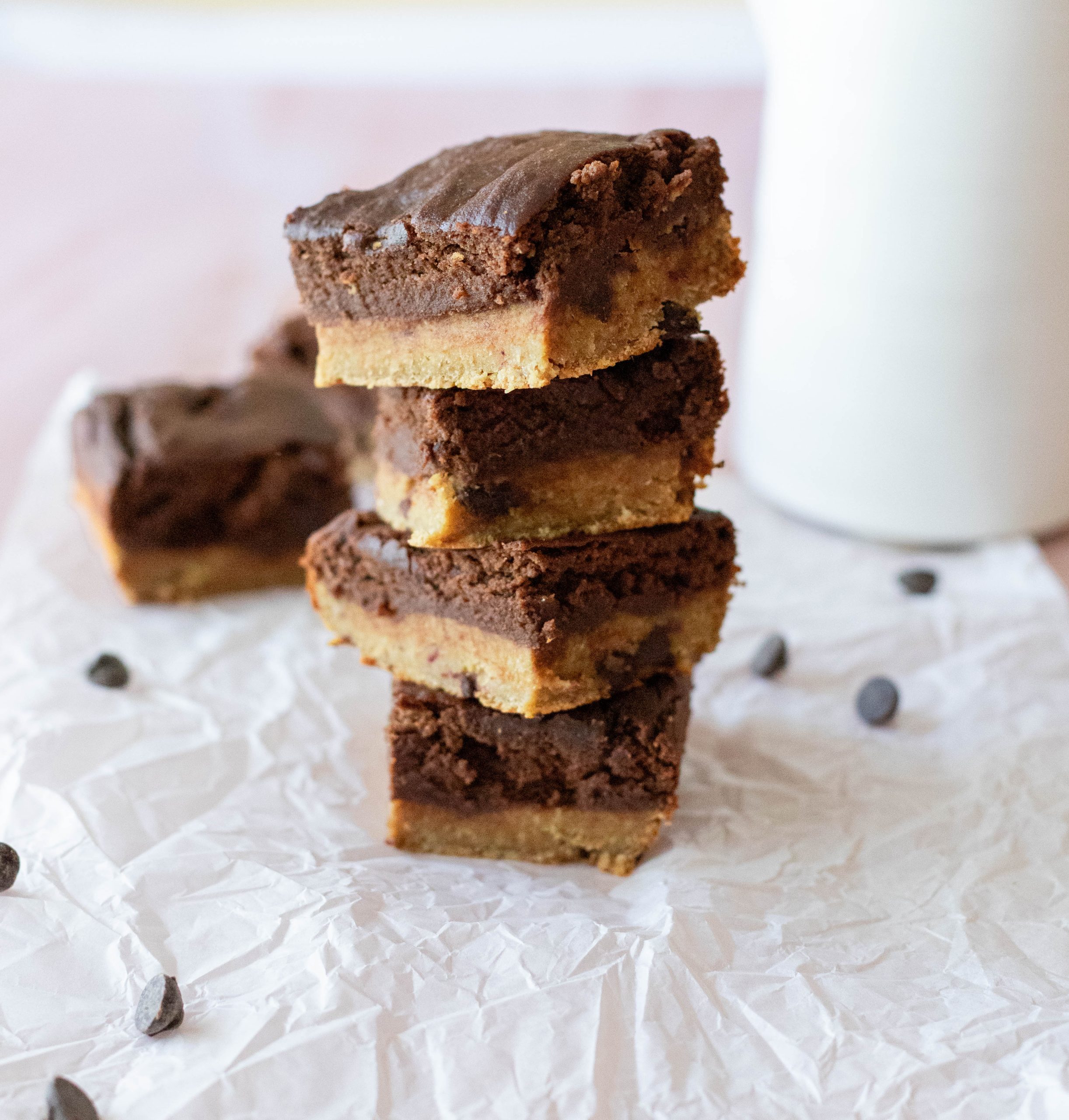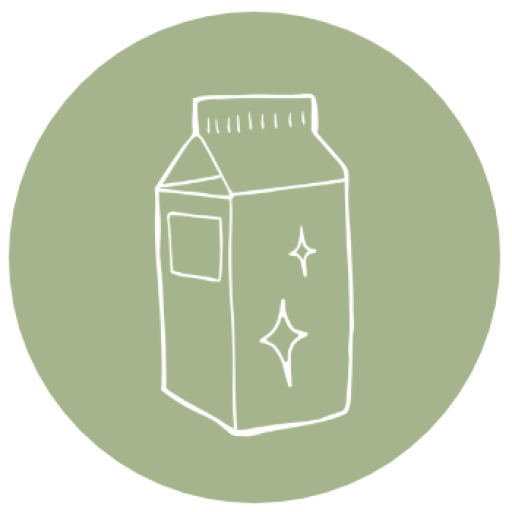Protein is the building block of our tissue and it plays a lot of different roles in our body. If you are new to a plant-based diet and worried about getting enough protein, then here are some tips for how to get plant-based protein into your diet.
Why Is Protein Important For VEGAN Athletes?
Protein is important for workouts and muscle building because it repairs the tissue tears that occur when you build muscle. Amino acids are the building blocks of protein. You can get all amino acids from plants but you need to diversify your diet and protein sources to do so.
Vegan athletes and protein intake should be monitored to ensure proper muscle building and recovery. The general consensus is that those who participate in sports or athletic endeavors require slightly more protein than the general population. When it comes to vegan athletes, it may require close attention to the quantity and quality of protein consumed to ensure proper protein levels are being met. The Academy of Nutrition and Dietetics (AND) has suggested that a range of plant-based proteins should be consumed by vegans in order to meet their protein and amino acid requirements.
Vegan Athletes
When we get leaner aka more muscle mass, evidence shows protein can help preserve the muscle and lean body mass. Vegans and vegetarians need slightly more protein than meat eaters to compensate for the poorer digestibility of plant-based sources. This isn’t to say plant protein isn’t a good source of protein, but rather it’s hard for our bodies to digest it because it comes with additional factors like fiber.
Recommended Protein Intake for muscle building
For the average person, the RDA is 0.4g per pound of body weight. If you’re an athlete, you need to think about the type of sport you’re doing whether it’s endurance or strength training. Then you need to tailor your protein requirement to your preferred type of training.
For those that weight lift you need around .8 – 1% of protein per lean body mass. For those who are endurance athletes, you need around .6 – .8% of lean body mass.
Those that are new to strength training will need a little bit more protein. Since new lifters are putting on new muscle really quickly, newbie gains. Once you have put on that muscle, you don’t need as much protein to maintain your muscle.
We do need protein when we train because our muscles are breaking down and they are being synthesized, aka turning into more muscle. Protein aids in the recovery process.
Vegans need to pay attention to a single amino acid in particular called leucine. Leucine is one of the three branch-chain amino acids and it starts the muscle-building process. Vegans need to be consuming a little bit higher protein to make sure they are getting the leucine from plant-based sources.
Aim for about 30g of protein per meal. By doing so, you can easily reach 90 grams of protein just from your meals alone.
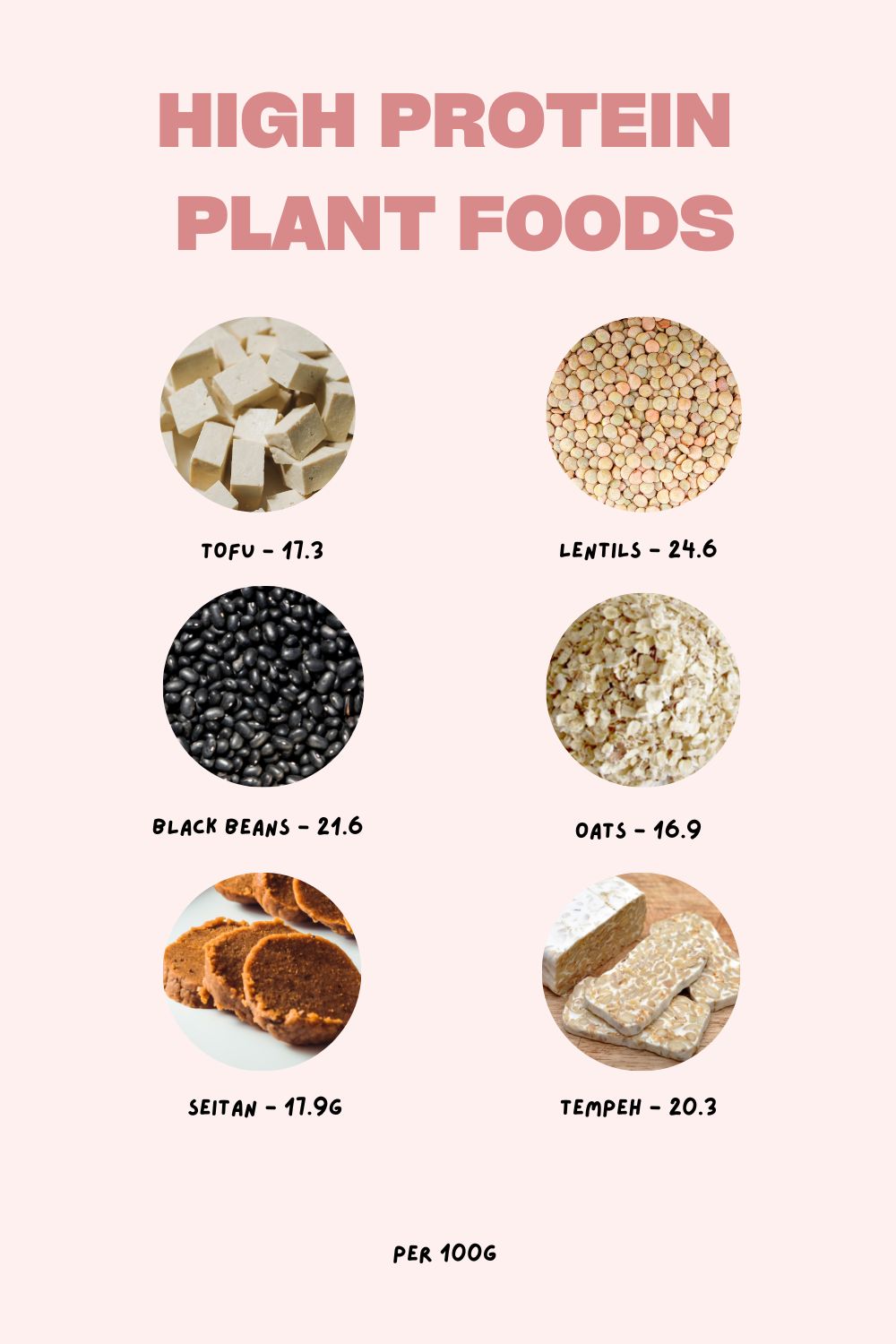
Plant-Protein Sources
Tofu – A classic vegan staple and super versatile. Per 100 grams you can get 17.3 grams of protein.
Tempeh – Made out of fermented soybeans and a great source of plant-based protein with around 20 grams of protein per 100 grams.
Black Beans – Beans are a superfood and contain so much fiber and healthy plant protein. Per 100 grams of black beans, there is 21.6 grams of protein.
Seitan – Affectionally called “wheat meat” because of its chewy texture and meaty taste. Per 100 grams there are nearly 20 grams of protein.
Oats – The small but mighty breakfast favorite, oatmeal. A great source of whole grains and protein with a whopping 16.9 grams per 100 grams.
Soy Milk – A super easy way to bump up your protein in the morning. With 8 grams of protein per 1 cup serving.
Texture Vegetable Protein – Not the most whole food source but a great quick option. With 14.7g of protein per 1/3 cup.
Lentils – The might lentil! With a variety of lentils and hundreds of recipes to choose from, lentils are a great option. With 26g of protein per 100 grams.
Plant-Based Protein Products
Things To Keep In Mind
Now getting enough plant-based protein can be achievable, but it’s important to keep in mind the caloric density of some of these sources.
Tofu, tempeh, and soy products tend to be higher in fat, so when building your plate, bare that in mind and maybe keep your additional fat source lower to compensate.
Seitan, lentils, black beans, and oats tend to lean higher in carbs. While carbs are amazing, maybe you don’t need as much starch on your plate to ensure you’re not over-consuming calories.
Unlike meat, plant-based protein comes with either additional fat or carbs, as opposed to meat which is typically just lean protein and in some cases, fat.
It’s a little bit of an adjustment when you start focusing on eating more plant-protein, but 100% achievable for muscle building. And remember, all whole plant foods have protein so with the addition of high plant protein sources, you’ll be golden.




